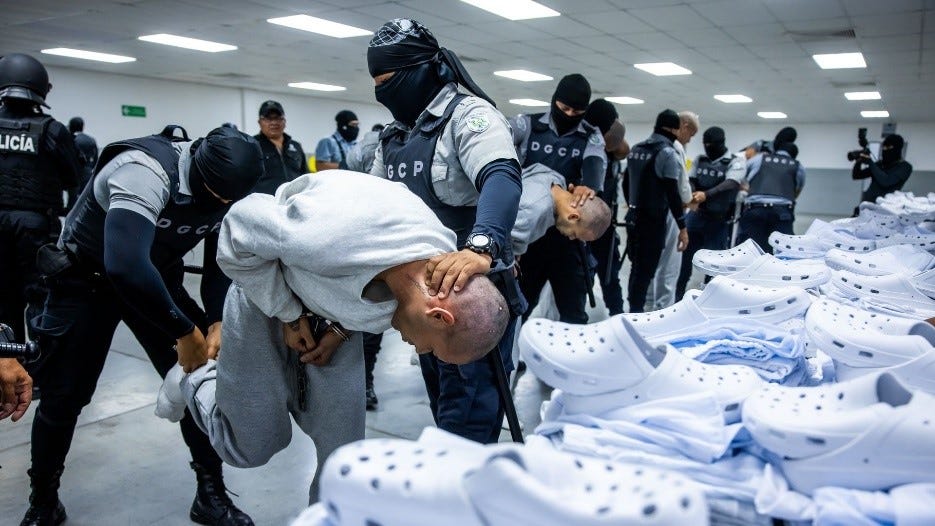Little George: “I cannot tell a lie; mistakes were made with the cherry tree.”
My dad used to say, the three little words that make a marriage work are not “I love you,” but “I was wrong.”
We all make mistakes; we make unforced errors. We exhibit flawed judgement. We misinterpret. We lose money from bad decisions. We procrastinate. We take action without having enough information. We say the wrong thing at the wrong time. We lack experience and wisdom. Instead of sidestepping blame with the generic cop-out “mistakes were made,” that implies guilt, it’s best to end the controversy with, “I made a mistake; I’m sorry.
The mealy-mouthed “I’m truly sorry if anyone was offended (or hurt),” is not an admission of wrongdoing; it implies that the other person misinterpreted your actions.
About eight years ago, I was crippled by an autoimmune disease. All the doctors missed it. They tried an assortment of pain killers. They put me in the hospital for observation. I went to urgent care. Eventually, one figured it out. My primary care physician unequivocally apologized. “We are not gods,” he said. “We sometimes make mistakes.”
That upped my respecto-meter for the doc.
More recently, I had an ongoing back ache; none of the pain medication worked, the doctor ordered an X-ray. But he never read the X-ray tech’s suggestion to get an MRI that indicated the need for surgery. That kind of carelessness was inexcusable; dereliction of duty is not easily brushed off with an apology. “I was wrong” doesn’t always work.
When teaching high school sophomores, I made a disparaging remark about a boy who had just left the classroom. A few days later, his mother came in to admonish me. I admitted I shouldn’t have done it, effectively ending the conversation. What more could she say? My apology burst her (justified) anger balloon.
Public figures are in a tough spot. Not too many people believed Bill Clinton when he said, “I did not have sex with that woman, Miss Lewinski.” He could have saved himself a boatload of trouble by fessing-up and apologizing. “What I did was shameful; I apologize to Ms. Lewinski, her parents, to my wife and to the American people.” Genuine remorse softens people’s hearts. Denial does the opposite.
Which brings us, inevitably, to Pete Hegseth, the young and inexperienced Secretary of Defense. He has degrees from Princeton and Harvard, is energetic, ideologically pure, and an experienced combat officer who served in Iraq, Afghanistan and other areas. But he has never (as George Will said in another context) run so much as a Dairy Queen. Hegseth was never elected to any office and has no executive experience. He would have been a good fit for the head of Verrans Affairs. He is now the boss of 2.9 million people, including four-star generals.
His mistake is a big one, accidently including the editor of the Atlantic on an email. This careless breach of security made secret war plans available to the public and put Americans in danger. Hegseth exacerbated his mistake by denying he did anything wrong, when he obviously did.
Lt. John Gadzinski, a former navy combat pilot put it this way.
The whole point about aviation safety is that you have to have the humility to understand that you are imperfect, because everybody screws up. Everybody makes mistakes... But ultimately, if you can’t admit when you are wrong, you’re going to kill somebody because your ego is too big.
Pete should have said straight out, “look, I made a careless mistake. I feel terrible about it, but I’ve learned from it. Serving as your Secretary of Defense is the greatest honor of my life. I love this country and the men and women I’ve worked with in the miliary. The American people deserve a first-class military and I intend to continue working toward that goal.
Saying “I was wrong,” doesn’t always work. “Yea, I’m really, really sorry I ran over that woman and her baby. I was totally drunk.” The Biden administration allowed millions of illegals from dozens of countries to cross the border. I don’t recall any apologies for the terrible crimes they committed and the deadly fentanyl they brought in. The border is secure, they told us over and over and over. It wasn’t. The open border wasn’t just a careless mistake, it was policy. If they apologize, they are admitting culpability.
President Biden never admitted wrongdoing: it wasn’t his fault the disastrous Afghanistan withdrawal cost the lives of thirteen US soldiers and $85 billion in American military equipment. As a matter of fact, he called the mission “an extraordinary success.”
Ten self-delusional Pinocchio’s for that whopper.
Hegseth made a careless mistake. Trump shares part of the blame. Here’s why. The President appointed people who 1) are loyal to him and 2) have the same bulldog personality. He wanted little Donald Trumps leading the Executive departments. Trouble is, many are inexperience in government, unelected, untested, and lacking in gravitas. Matt Gaetz (barely an attorney) for Attorney General, Kash Patel, Dan Bogino (no administrative experience for Deputy FBI director) Tom Homan (a bulldog with years of experience), J.D. Vance (senator for two years), Tulsi Gabbard as Director of National Intelligence. (No executive experience).
There are going to be more rookie mistakes.
Last week another government “error” crossed into our consciousness. Kilmar Armando Abrego Garcia was arrested in Baltimore and deported to the notoriously brutal prison in El Salvadore as an alleged M-13 gang member.
The Trump administration has admitted that, well, er, it was a mistake. Garcia, who entered the country illegally around 2011 and is married to an American citizen, was arrested after work when he picked-up his five-year-old autistic daughter. ICE “was aware of his protection from removal to El Salvadore” but still deported him “because of an administrative error.” Vice President J.D. Vance and other administration officials continued to insist he is a gang member.
U.S. District Judge Paula Xinis said Abrego Garcia must be brought back from the El Salvador prison.
J. Harvie Wilkinson, a Reagan appointee, filed a concurring opinion, saying the Trump administration’s position on Abrego Garcia amounts to “a path of perfect lawlessness.”
But the administration argues that courts have no authority to order him returned to the United States now that he has been turned over to the government of El Salvador, where he is being held in a notorious mega-prison for gang members.
Why is the Trump administration resisting bringing an innocent man back? It was an error, why not correct it? Why?
“The facts of this case … present the potential for a disturbing loophole: namely that the government could whisk individuals to foreign prisons in violation of court orders and then contend, invoking its Article II powers, that it is no longer their custodian, and there is nothing that can be done,” Wilkinson wrote.
The Government knew about the court order prohibiting Abrego Garcia’s removal to El Salvador, and admits that removing him in violation of that order was an “administrative error.” According to Abrego Garcia’s attorney, he “has never been charged with a crime, in any country. He is not wanted by the Government of El Salvador. He sits in a foreign prison solely at the behest of the United States, as the product of a Kafka-Esque mistake.”
Today, April 10th, the Supreme Court has ordered the Trump administration to “facilitate” the release of a Abrego Garcia.
Why not just say, “I was wrong?”
No big deal. Mistakes were made. Have a nice day.







Good article, Fred. We said the same thing about bud light recently—if they’d just apologized they could’ve avoided 90% of the blowback. Often “sorry” is enough and when it isn’t enough—the thing was probably so bad you should never have considered it in the first place.
I think it's not so much that Trump is appointing little Trumps but rather he's appointing those who have been victimized by the deep state.